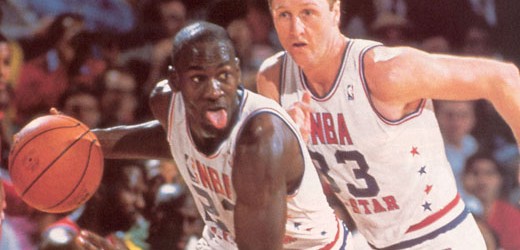com-pete (verb)
:to try to get or win something (such as a prize or reward) that someone else is also trying to win : to try to be better or more successful than someone or something else : to strive to get better.
Embedded in the myriad of fielding drills or hitting instruction and woven into every base running exercise is something far more important than the finer fundamentals of baseball. Learning to compete, individually and as part of a team, is a skill in and of itself that too often gets neglected.
Coaches spend countless hours reinforcing the proper fielding technique or mastering the load and stride of the hitter in hopes of equipping a player with the necessary baseball skills. Unfortunately, as players progress through the ranks of youth sports to prep sports to possibly collegiate sports, mastering the fundamental skills won’t be enough.
It’s inevitable, a player is going to find himself up against a another of similar skill level and experience. Both players being able to field the ball, throw the ball and hit the ball. Both players are sound in their base running and overall baseball IQ. What’s going to separate one from the other is all about which player has the strong mental approach and embraces competition. Which player will perform better knowing it’s all about execution?
Do you talk with your kids about what it means to compete? We’ve all heard the saying, “we’re playing just for fun.” But playing for fun doesn’t mean you can’t compete and have a winner and a loser. Society has evolved to be satisfied with the “playing just for fun” mentality because too many parents / mentors / coaches aren’t prepared to stand by a young person through the growing process of dealing with failure and applying the lessons learned.
A big part of developing a person who savors competition is teaching that person to embrace failure. Show me a person who is scared to lose and I’ll show you a way they can be beat, regardless of their skill level or physical superiority. To truly embrace competition one has to let go of thinking they can control every result.
Great athletes, performers, business people, etc have something in common that we, as coaches, can incorporate into our teaching. They spend their time and effort on controlling the things they can control. They remove distractions, all the noise, that comes from things they can’t control. In practicing this mental discipline, they are able to show up during the most important times and give their best performances.
You’ve likely seen that look in the eyes of someone so focused on the task at hand that their look alone could strike fear in the competition. Or maybe you’ve seen a calmness and confidence in somebody during the most stressful situation and wonder how they could be so under control. It’s because they’ve focused on the inputs and not the outputs that these individuals are in a position to embrace competition.
As is the case with any skill, there’s a progression to be applied in teaching young athletes how to compete. First and foremost, it’s important to introduce key attributes of any great competitor. Successful people give great effort, they bring great energy to everything they do and they do all of this with a fantastic attitude.











Comments are closed.